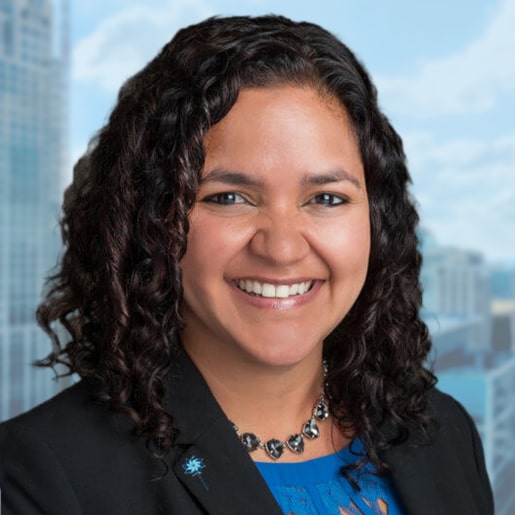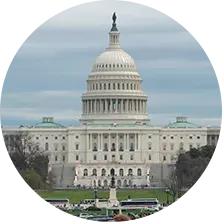Recent news from the Department of Education regarding new rules under Title IX, anticipated to take effect by mid-August, raise serious concerns for victims of sexual abuse and misconduct in the higher education setting.
These are unprecedented and trying times—the world we know is changing by the minute. In this challenging era, we are grateful for the many frontline workers who are working tirelessly to provide concrete supports and address the physical and mental health needs of children and families across the country.
There has also been an increased focus on the issue of child sexual abuse prevention over the past couple of months. For example, the Centers for Disease Control and Prevention (CDC) issued a request for proposals to support research on the prevention of child sexual abuse. Further, the CDC is in the early stages of revising its 2007 guidance on sexual abuse prevention for youth serving organizations. And lawmakers are beginning to discuss solutions to the issue of online child sexual abuse. These are encouraging signs for an issue that for so many years has received little funding and national attention.
However, the new rules under Title IX represent a substantial setback in the arena of civil rights and educational equity. Among the changes to Title IX are a narrowing definition of what constitutes sexual harassment, forcing victims to confront their perpetrators, flexibility for institutions to determine the level of evidence necessary (i.e., clear and convincing) to substantiate a sexual assault claim, and rollbacks on requirements of who is mandated to report cases of sexual violence (e.g., coaches).
Sexual abuse and harassment thrive under conditions of ambiguity and secrecy. Unfortunately, these new rules provide disincentive for victims to come forward, making it look, on paper, like the problem is going away. It will not! The new rules will force victims to remain quiet, instead of holding perpetrators accountable. We have seen too many cases of sexual misconduct handled improperly by institutions of higher education, making it all the more difficult for victims to expect justice if and when they come forward.
The prevention of child sexual abuse and misconduct is possible when adults and institutions create the conditions and contexts where opportunities for perpetration are minimized and when protections and support for victims are enhanced. We at Prevent Child Abuse America will continue to advocate for strategies to prevent sexual abuse and other forms of child abuse and neglect from occurring in the first place and for supports for those who have been victimized.
Dr. Melissa Merrick
President & CEO




